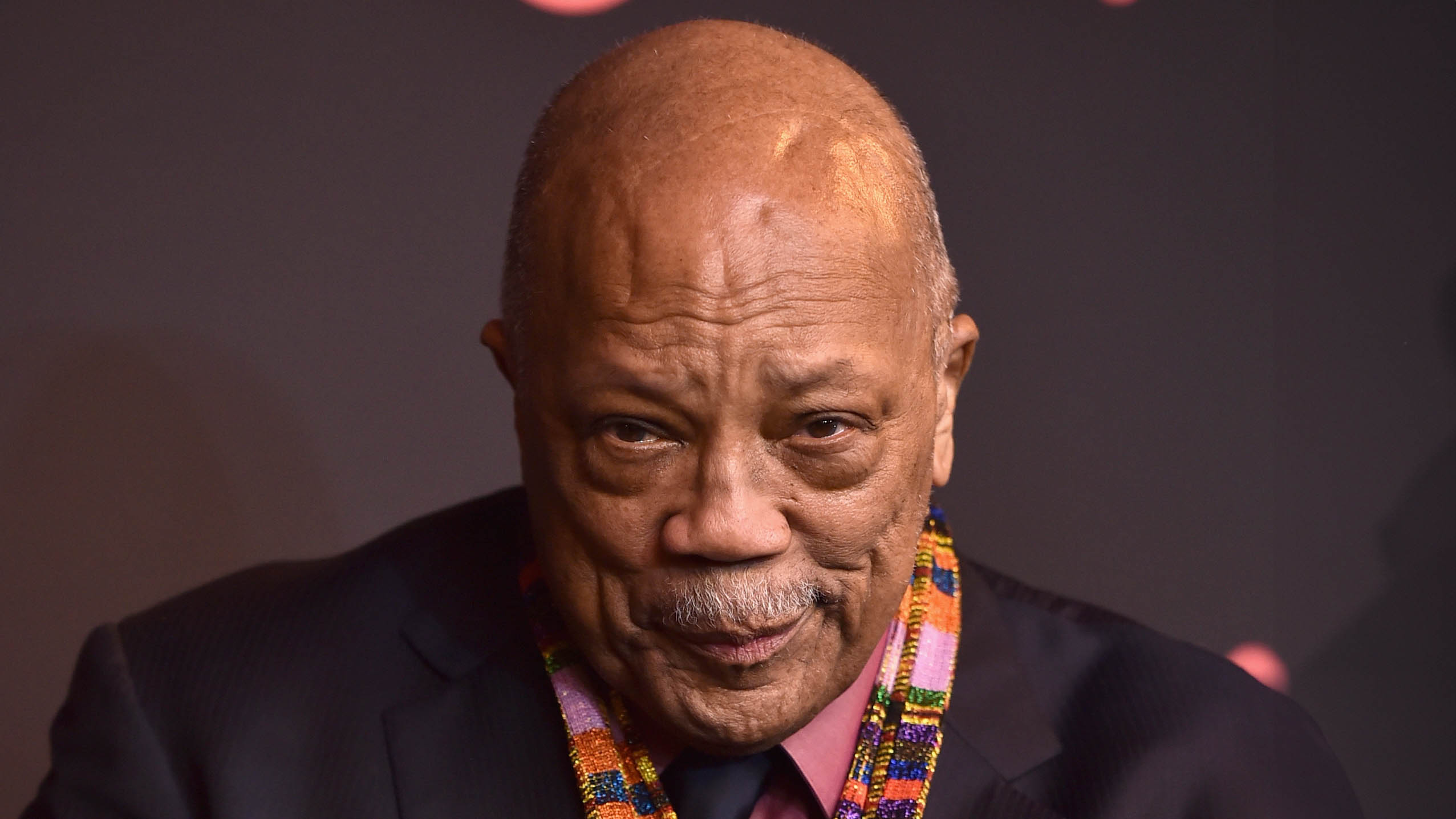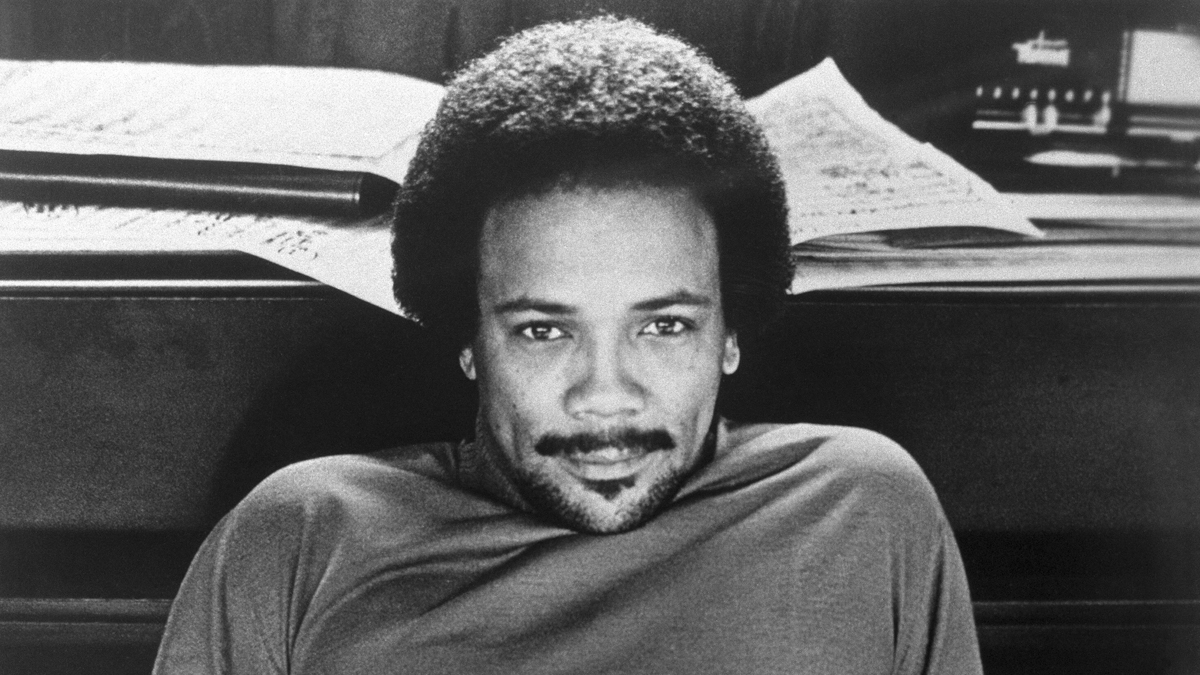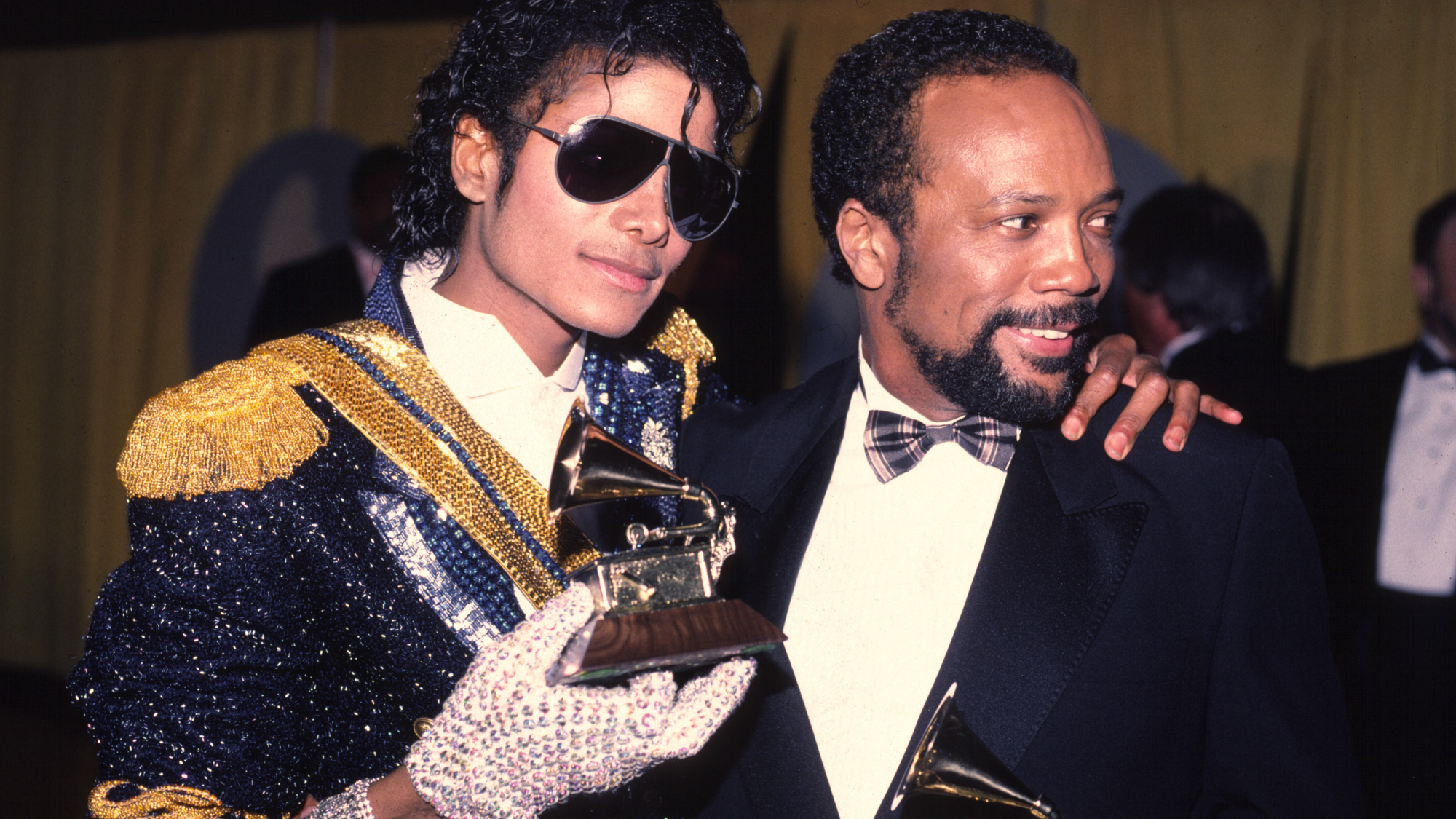"There will never be another like him": Quincy Jones, titan of pop, jazz and film music, dies aged 91
Titan of the music industry worked with Frank Sinatra, Michael Jackson, and countless others

American record producer, songwriter, media executive and musician Quincy Jones has passed away aged 91. A statement from his publicist, Arnold Robinson, confirmed that he passed away Sunday night in his LA home surrounded by family.
Jones is one of the most famous and successful producers of all time, and in his long, illustrious career he worked with artists such as Frank Sinatra, Lionel Richie, Aretha Franklin, Donna Summer, Miles Davis and countless others.
He is arguably best known for his work with Michael Jackson, having produced Jackson’s phenomenally successful run of 1980s albums, Off the Wall, Thriller and Bad.
Along with Jackson, Lionel Richie and producer Michael Omartian, Jones also spearheaded We Are The World – the charity supergroup single released to provide aid for the famine in Ethiopia.
READ MORE: 5 Quincy Jones songs producers need to hear
“Tonight, with full but broken hearts, we must share the news of our father and brother Quincy Jones’ passing,” his family has said in a statement. “And although this is an incredible loss for our family, we celebrate the great life that he lived and know there will never be another like him.”

Jones was born in Chicago in 1933, before moving to Washington state as a teenager where he learned a variety of musical instruments as part of his school band. He started his career as a jazz trumpeter and arranger. He met a 16-year-old Ray Charles at age 14 and began performing, backing up Charles and Billie Holiday during early outings in Seattle.
Want all the hottest music and gear news, reviews, deals, features and more, direct to your inbox? Sign up here.
Following an early career touring with jazz bandleader Lionel Hampton and acting as a musical director for Dizzy Gillespie, Jones formed his own jazz band in order to tour Europe. This proved to be a financial failure, however, and Jones returned to the US and took a job with Mercury Records to pay off his debts.
During his time at Mercury, Jones acted as a producer and arranger for the likes of Ella Fitzgerald, Peggy Lee, and Sammy Davis Jr. Around the same time, Jones also began to work scoring for film and TV, eventually amassing notable credits including The Colour Purple and The Italian Job, along with several Oscar nominations. Jones was also responsible for creating the sitcom Fresh Prince of Bel Air, launching the career of Will Smith in the process.

Jones’s most notable collaborations, however, are with Frank Sinatra and Michael Jackson. Jones was introduced to Sinatra in 1958 by Grace Kelly, and worked as an arranger, conductor and producer for him across multiple projects up until Sinatra’s final album LA Is My Lady in 1984.
Jackson met Jones while working on the musical film The Wiz, before enlisting him to produce his solo albums Off The Wall, Thriller and Bad. His work with Jackson was notable for its blend of funk, disco and soul influences with contemporary synth sounds, creating an instantly recognisable, ultra-glossy form of high-end pop music. Thriller remains one of the best selling albums of all time.
Jones was also notable for his activism. He was a supporter of Martin Juther King Jr and the US Civil Rights movement in the 1960s, and went on to undertake numerous charity projects, the best known being We Are The World.
He is survived by his seven children, including the actor Rashida Jones.


I'm the Managing Editor of Music Technology at MusicRadar and former Editor-in-Chief of Future Music, Computer Music and Electronic Musician. I've been messing around with music tech in various forms for over two decades. I've also spent the last 10 years forgetting how to play guitar. Find me in the chillout room at raves complaining that it's past my bedtime.